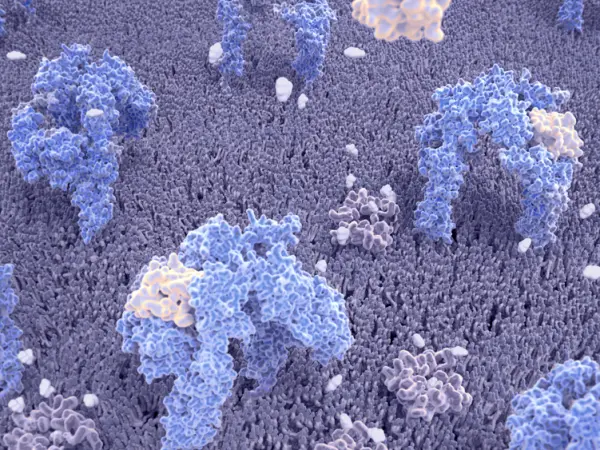All content on this site is intended for healthcare professionals only. By acknowledging this message and accessing the information on this website you are confirming that you are a Healthcare Professional.
The gvhd Hub website uses a third-party service provided by Google that dynamically translates web content. Translations are machine generated, so may not be an exact or complete translation, and the gvhd Hub cannot guarantee the accuracy of translated content. The gvhd and its employees will not be liable for any direct, indirect, or consequential damages (even if foreseeable) resulting from use of the Google Translate feature. For further support with Google Translate, visit Google Translate Help.
The GvHD Hub is an independent medical education platform, sponsored by Medac and supported through grants from Sanofi and Therakos. Funders are allowed no direct influence on our content. The levels of sponsorship listed are reflective of the amount of funding given. View funders.
Now you can support HCPs in making informed decisions for their patients
Your contribution helps us continuously deliver expertly curated content to HCPs worldwide. You will also have the opportunity to make a content suggestion for consideration and receive updates on the impact contributions are making to our content.
Find out more
Create an account and access these new features:
Bookmark content to read later
Select your specific areas of interest
View GvHD content recommended for you
DPP-4 inhibitors
Dipeptidyl peptidase 4 (DPP-4) inhibitors block function of DPP-4, a transmembrane glycoprotein receptor identical to the leucocyte surface antigen CD26. DPP-4 is involved in multiple biological processes, including insulin metabolism, bone marrow engraftment, T-cell activation, and leukocyte migration. The receptor is expressed on a variety of cells and circulates in an enzymatically active form in plasma. DPP-4 inhibition is used as anti-diabetic treatment and has also shown to reduce the incidence of acute GvHD.

Filter by content:

